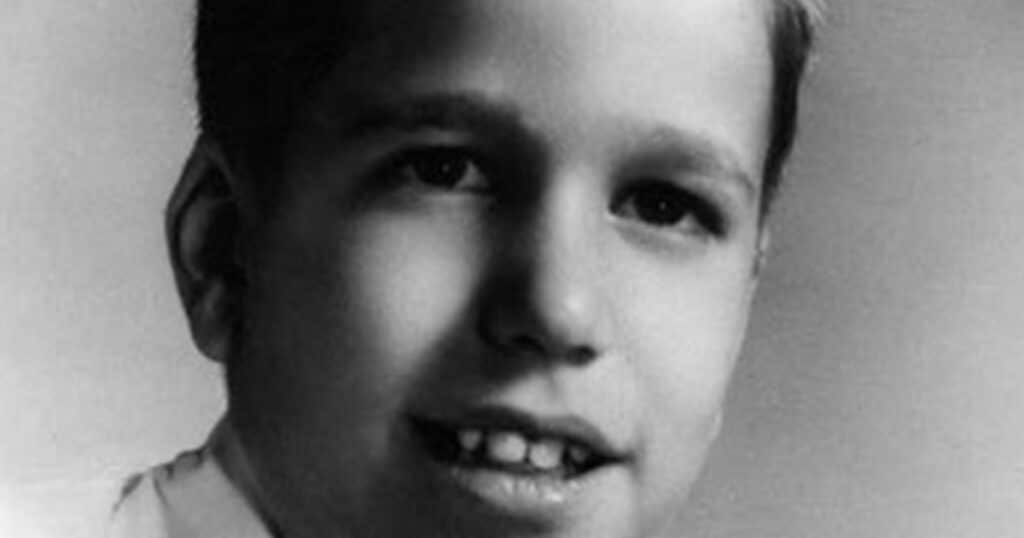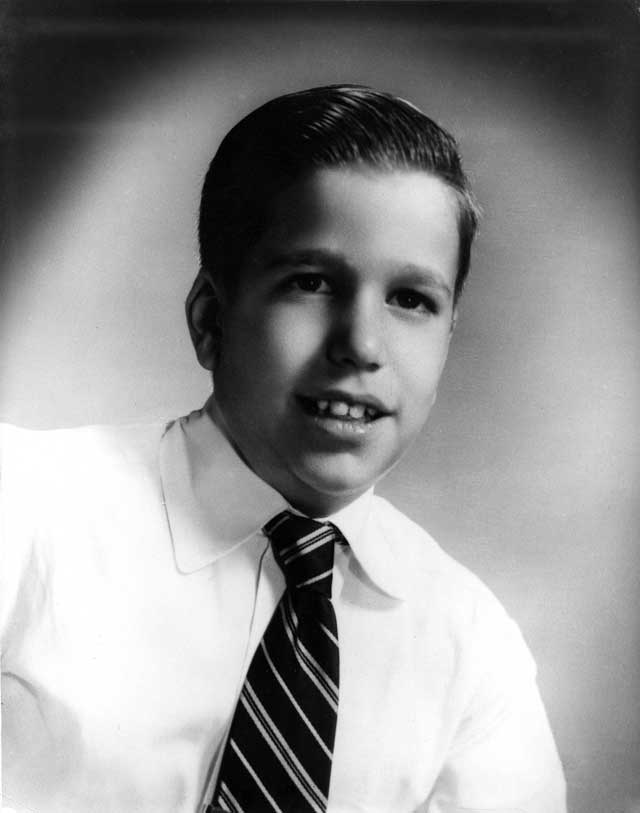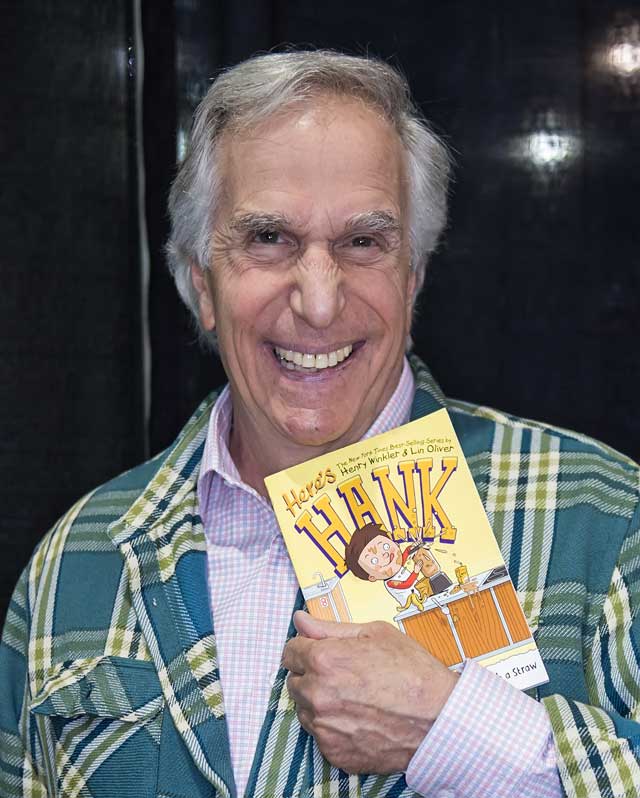Henry Winkler’s Dyslexia Journey: From Classroom Struggles to Advocacy
Henry Winkler’s path to success was anything but simple. Long before Happy Days made him a household name, school was a daily hurdle that chipped away at his confidence. Decades later, a diagnosis explained why learning had been so hard—and it reshaped his life’s mission to encourage others, especially kids, facing similar challenges.
Early Expectations and Hard Lessons
From childhood, academic success was non-negotiable in Winkler’s home. His parents valued education deeply and misread his struggles as a lack of effort.
“My parents were very, very, very, very, very short Jews from Germany. They believed in education. They thought I was lazy. I was called lazy. I was called stupid. I was told I was not living up to my potential.”
Despite trying, he couldn’t meet those expectations—missing out on school dances, plays, and time with friends. Punishments were common.
“I was grounded for most of my high school career. They thought if I stayed at my desk for 6 weeks at a time, I was going to get it and they were just going to put an end to the silliness of my laziness.”
Working Around the Words
Winkler earned an MFA from Yale University, but reading scripts continued to be a barrier. He learned to compensate in the audition room and on set.
“You learn to negotiate with your learning challenge. I improvised. I never read anything the way that it was written in my entire life.”
As Arthur “Fonzie” Fonzarelli on Happy Days, table reads were especially tough:
“On Monday morning, we read the scripts. I stumbled over every word. I was completely embarrassed. Memorizing, if it’s written well, my brain is then able to suck it up like a vacuum cleaner.”
A Late Diagnosis That Changed Everything
The turning point came when his stepson was evaluated for a learning difference, prompting Winkler to look inward.
“I went, ‘Oh my goodness. I have something with a name.’ That was when I first got it.”
He was 31 when he learned he has dyslexia.
“I didn’t read a book until I was 31 years old when I was diagnosed with dyslexia. Books terrified me. They made me nervous.”
Processing the diagnosis stirred complicated feelings about his childhood.
“I got very angry. Because all of the arguments in my house with the short Germans who were my parents were for naught. All of the grounding was for naught.”
From Frustration to Advocacy
Winkler turned that anger into action, co-creating a children’s book series about Hank Zipzer, an elementary school student with dyslexia. The stories resonated with young readers who saw their own experiences reflected back at them.
“Every child who writes me a letter about Hank Zipzer, I write back. In every letter I include, ‘your learning challenge will not stop you from meeting your dream. Only you will stop yourself from meeting your dream.’”
Continued Success—and Pride Beyond the Spotlight
While Winkler has won numerous honors for his work in film and television and has authored multiple books, literacy and encouragement remain central to his message. A memoir was announced for 2024, and he’s been candid that reading and writing still require effort. Even so, the impact of his books ranks at the top of his achievements.
“Outside of my family, my proudest moment, no matter what I have achieved, are the books.”
What His Story Highlights
- Hidden challenges have names: A late diagnosis can reframe a lifetime of struggle and open doors to effective strategies.
- Compensation skills matter: Memorization, improvisation, and preparation can bridge gaps while building confidence.
- Representation helps kids: Characters like Hank Zipzer validate real experiences and encourage persistence.
Keywords: Henry Winkler dyslexia, Happy Days Fonzie, learning disability, Hank Zipzer books, Yale MFA, children’s literature, reading challenges, late diagnosis, advocacy for kids, memoir.




